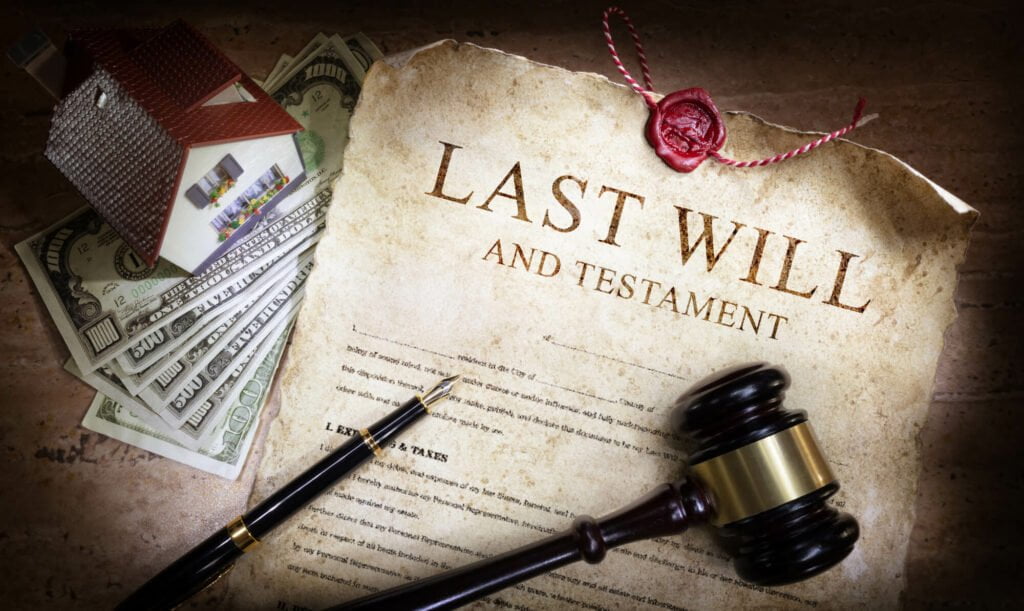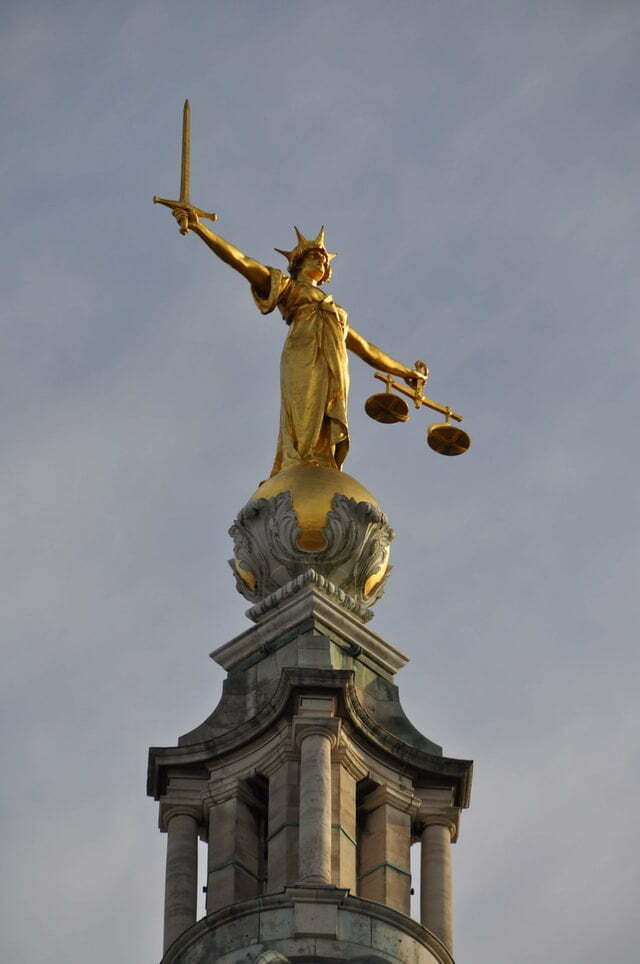When a will goes to probate, the court will first authenticate the will and authorise the executor to pay all outstanding taxes and debts. Afterwards, the executor distributes the remaining property according to the instructions stated in the will.
Below is a breakdown of the entire probate process:
1. Starting the Process

Usually, when a benefactor dies, their lawyer or the executor of their will informs the court of the benefactor’s passing and submits a copy of the death certificate to kickstart the process. The person presenting these documents may also ask the probate court to name the executor, personal representative, or administrator of the will.
To make a request, the interested party must file an application, attaching the original copy of the will (if not already deposited with the court). The application or petition must be filed in the county where the deceased lived before they passed and contain basic information like the death date, names of the surviving relatives, beneficiaries of the will, and more. The court will also authenticate the will to confirm that it was properly dated and signed; once done, the will is recognised as valid.
2. Probate Hearing
After receiving the application, the probate court will schedule a hearing to allow interested parties to object to the applicant’s appointment as executor of the will. Before the hearing, the applicant is required to inform the beneficiaries, heirs, and creditors that they know about it and even publish a notice in a local newspaper to put others on alert.
This hearing is often a formality, and if the applicant’s request is approved, the court will issue documents authorising the applicant to act on behalf of the deceased’s estate.
3. Posting of Bond
The probate court may require the executor to post a bond as insurance protecting the estate from any losses the executor may cause. However, some wills may specify that no will is required, but where the will does not address the issue, it is left to the judge’s discretion.
If the beneficiaries collectively agree that a bond is unnecessary, the judge is unlikely to impose it. Suppose a bond is required; in that case, the amount depends on the size of the estate.
4. Paying Off Debts and Taxes
The deceased’s estate typically takes care of funeral expenses, and once this is done, the next step is to pay off debts, file tax returns, and pay taxes. The money to offset these expenses will come from the deceased’s estate. It is important to pay close attention here because sometimes creditors go after beneficiaries personally to recoup debts at a later time.
5. Distribution of Assets
After paying off debts, the remaining assets are shared among the beneficiaries. This step typically comes after paying off all the deceased’s debts. But in some cases, it is possible to distribute assets early, especially when the estate has enough money to pay its debts. Household items that have no serious monetary value can be distributed early.
A car is another example because if left to sit for a while, the value may go down and cost money to maintain. So, it is advisable to dispose of these assets pending the determination of the will.
As a recap, there are five main stages of activities when a will goes to probate. First, the will executor makes a formal report to the court of the benefactor’s demise. Next to this kickoff process are Probate Hearing, Posting of Bond, Paying Off Debts and Taxes, and finally, the Distribution of Assets. If at any point you need further advice, feel free to book a session with us.














